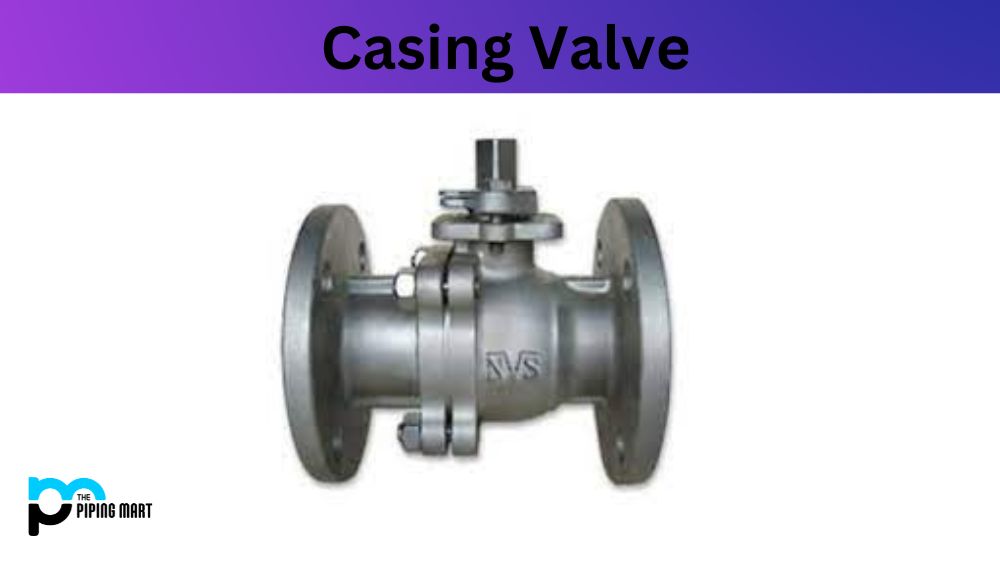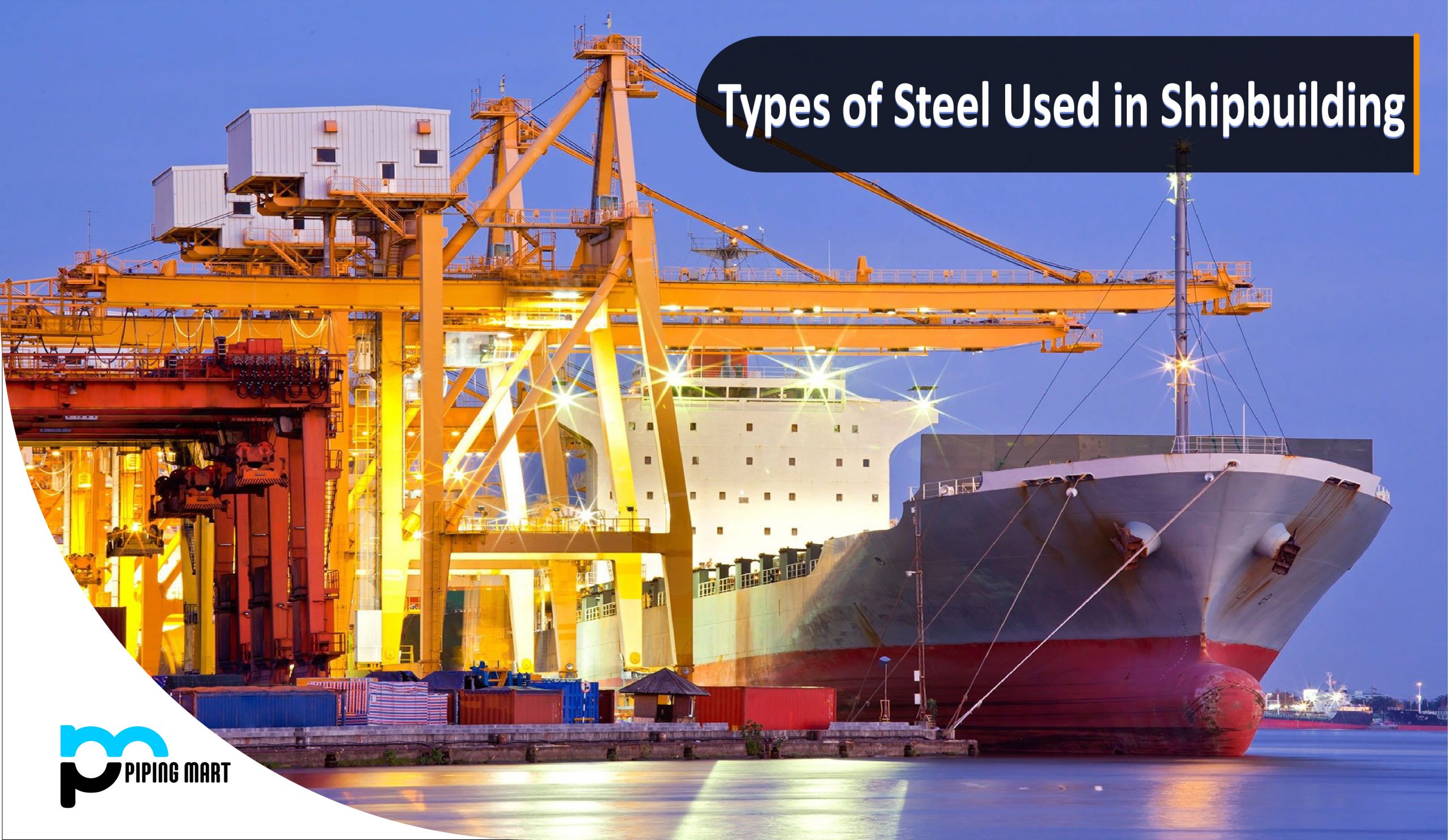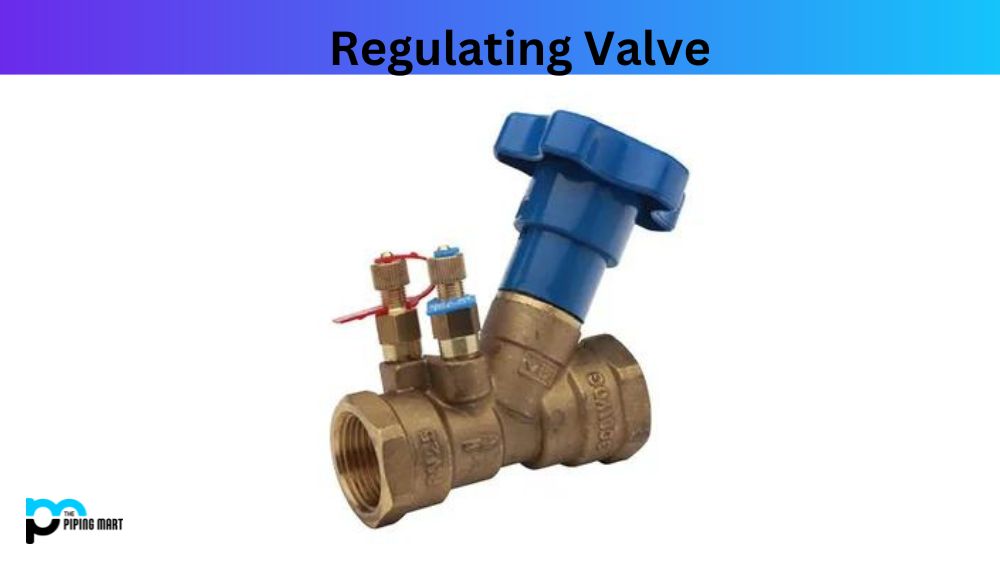Casing or backpressure or pump discharge valves are essential tools used in oil and gas drilling operations. They are designed to regulate the flow of fluids such as oil, gas and water into and out of a wellbore. Casing valves are installed in the wellhead and control the flow from the production tubing into the casing, also known as the annulus of the well. This article will delve deeper into the properties, uses and applications of casing valves and how they can help improve drilling efficiency.
What is Casing Valve?
A Casing Valve is an important tool in oil and gas industries. It is a specialized valve designed to keep pressure from entering the wellbore. It can be used to control flow and help ensure that fluids are kept under control when operating at high pressures. The casing valve also helps protect against downhole failures, ensuring the safety of personnel and equipment onsite.
Casing Valves Properties:
Casing valves are made of durable and corrosion-resistant stainless steel, brass, and nickel alloy. These materials are suited for harsh environments and extreme temperatures, allowing the valve to operate efficiently under high pressures, temperatures, and corrosive conditions. Casing valves come in various sizes and configurations to meet the specific demands of different oil and gas operations. Some valves have flanged connections while others have weld neck or threaded connections. Depending on the operating conditions, they may have different trim materials, such as tungsten carbide, ceramic, or satellite.
Casing Valves Uses:
Casing valves are primarily used to maintain wellhead pressure and prevent excess fluids from entering the production tubing. They are designed to operate as a safety measure to prevent blowouts. Casing valves help reduce the risk of wellbore damage by controlling the flow of fluids entering the annulus. These valves are also used to control the production flow rate and regulate the amount of fluid entering the separator or storage tanks. Casing valves can also inject chemicals or other substances into the annulus for applications such as corrosion inhibition, scale prevention, and fracturing.
Casing Valves Applications:
Casing valves are used in various oil and gas operations including drilling, completion, and production stages. During drilling and completion, casing valves regulate the flow of drilling fluids and cement into the annulus. They are also used to maintain a constant pressure while performing formation testing and stimulation activities. During production, casing valves control the flow of fluids such as oil and gas into the separator or storage tanks. They also help maintain the pressure in the annulus and prevent unwanted fluids from entering the production tubing.
How to Use Casing Valves:
As with other oil and gas equipment, proper use and maintenance of casing valves are crucial for optimal performance and longevity. Before installation, it is essential to ensure that the valve size and configuration match the wellhead requirements. The valve must also be tested and certified to withstand the operating conditions and corresponding pressure ratings. Once installed, regular inspections and maintenance must be performed to ensure the valve is working correctly. Following the manufacturer’s recommendations for maintenance procedures and schedules is essential. Proper maintenance ensures the valve performs effectively, reducing the risk of downtime and other operational problems.
Conclusion:
In conclusion, casing valves are critical in maintaining wellbore integrity and improving drilling efficiency. Casing valves are designed to operate under harsh conditions and extreme temperatures, making them ideal for oil and gas operations. Casing valves come in various sizes, configurations and materials to meet the specific demands of different applications. Proper use and maintenance of casing valves are crucial for optimal performance and longevity. Companies must ensure proper selection, installation, testing, and maintenance of casing valves to achieve safe and efficient oil and gas operations.

Meet Bhavesh, a seasoned blogger with a wealth of knowledge and experience. From metal products manufacturing to retail, Bhavesh has a diverse background in various industries and is dedicated to sharing his insights and expertise with readers.




